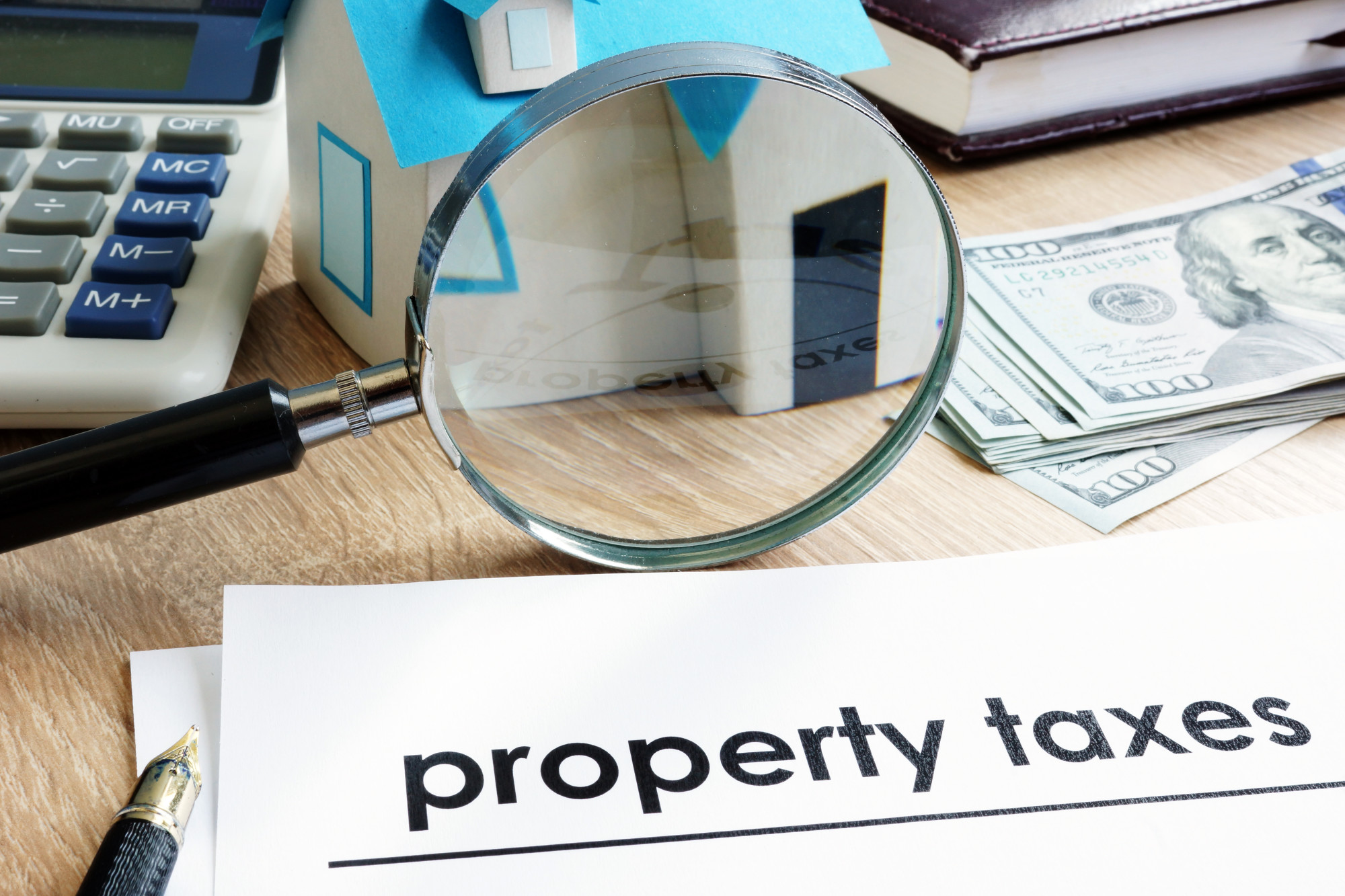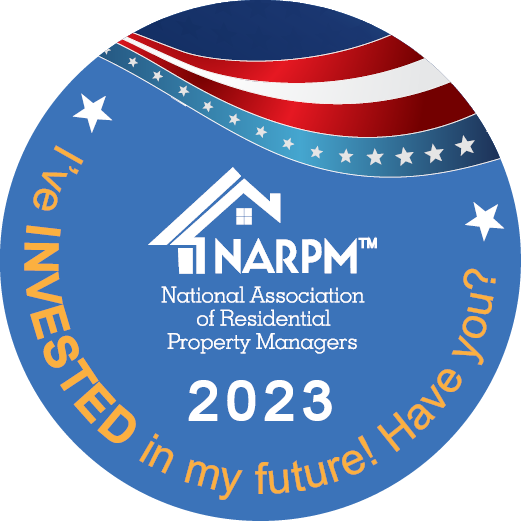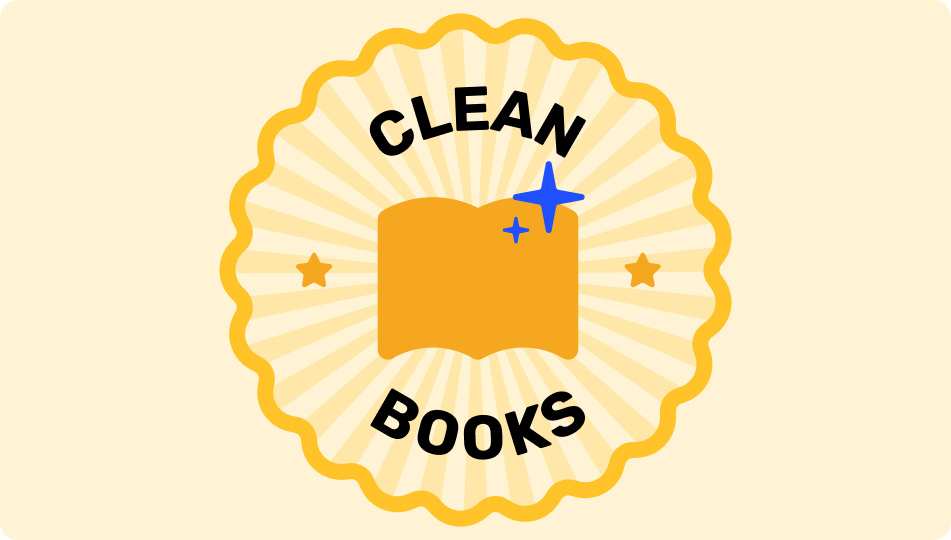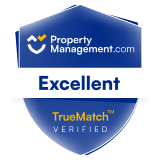The affordability of North Carolina is one reason that businesses are moving into the southern states. The same goes for property investors.
Of course, the cost of living, especially property, is higher in urban areas than in rural areas.
To find out more about how North Carolina property taxes work, check out the information below.
3 Kinds of North Carolina Property Taxes
There are generally 3 types of property recognized in North Carolina -- personal property, real property, and motor vehicles.
When investing in property in North Carolina, it will be considered real property. It can further be defined as industrial, agricultural, commercial, residential, or special purpose.
Property Reappraisals
Statewide, counties must conduct property reappraisals every eight years. Some counties will conduct reappraisals more often -- sometimes every four years, sometimes every six years. Some counties may even have five or seven-year cycles.
Changes to a property may increase the property tax liability upon reappraisal if these changes increase the value of the home. Things like additions to the home, conversions of rooms, or building a pool can do this. The county assessor can tell you exactly where your property is in the reappraisal cycle.
North Carolinian Taxes
Property tax rates in North Carolina are determined locally, not statewide. There are 100 counties in North Carolina, so their property tax rates can vary widely. The County Commissioners are the ones who set the property tax rates.
It's not easy to determine the most expensive areas by tax rate alone. The average home value can skew property tax liabilities higher, even if the rate itself is low.
Determining Property Taxes
You can estimate your property tax liability if you know the mill rate in your tax district and the taxable assessed value of your property.
A mill is $1 of tax collected per $100 of a property's taxable value. If you multiply the mill rate by the taxable value of your property and then divide it by 100, the result should be close to your property tax liability.
Property Tax Exemptions
There are two property tax exemptions that can lower the property tax liability for qualified homeowners. These are the North Carolina Senior Citizen exemption and a property tax exemption for disabled veterans.
Seniors 65 or older can get at least $25,000 or 50% of the value of the property excluded from taxation. This also applies to homeowners of any age who are on 100% disability. These seniors and disabled North Carolinians may also decide to have their property tax liability reduced to 4-5% of their income.
For disabled veterans, they can get $45,000 excluded from taxation. Unmarried surviving spouses of disabled veterans qualify as well.
Preparing for Property Taxes
North Carolina property taxes are pretty middle-of-the-road in terms of national averages. The more rural the property, the lower the property tax liability usually is. Mill rates only vary by tiny percentages, so, ultimately, it's the value of the home that determines how high the property tax will be.
If you have a North Carolina property that needs management, contact us for our professional guidance.















